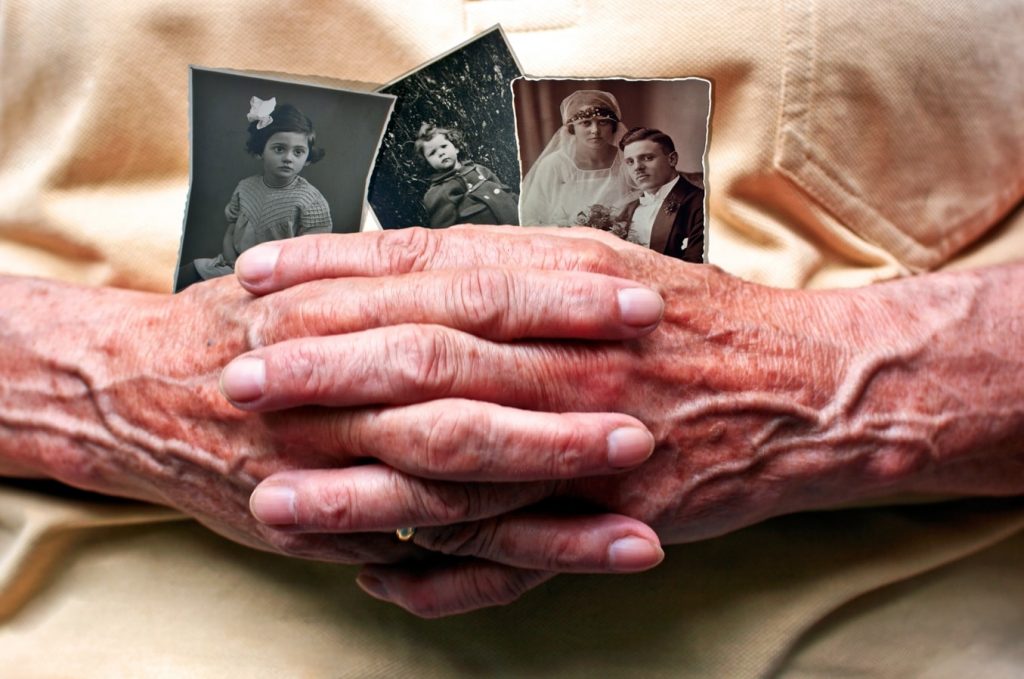Alzheimer’s Disease is a women’s issue. Here’s why.

Alzheimer’s Disease is a Women’s Issue. Here’s Why: January is National Alzheimer’s Disease Awareness Month in Canada. Increased age is a well-known risk factor for dementia. And since women live longer than men, that makes women more likely to develop dementia. In fact, women represent 72% of all Canadians living with Alzheimer’s disease. And women […]
